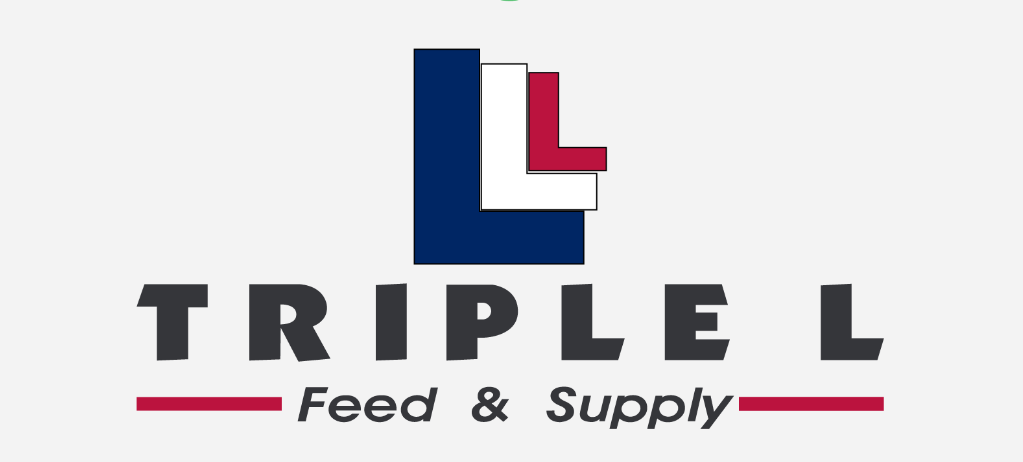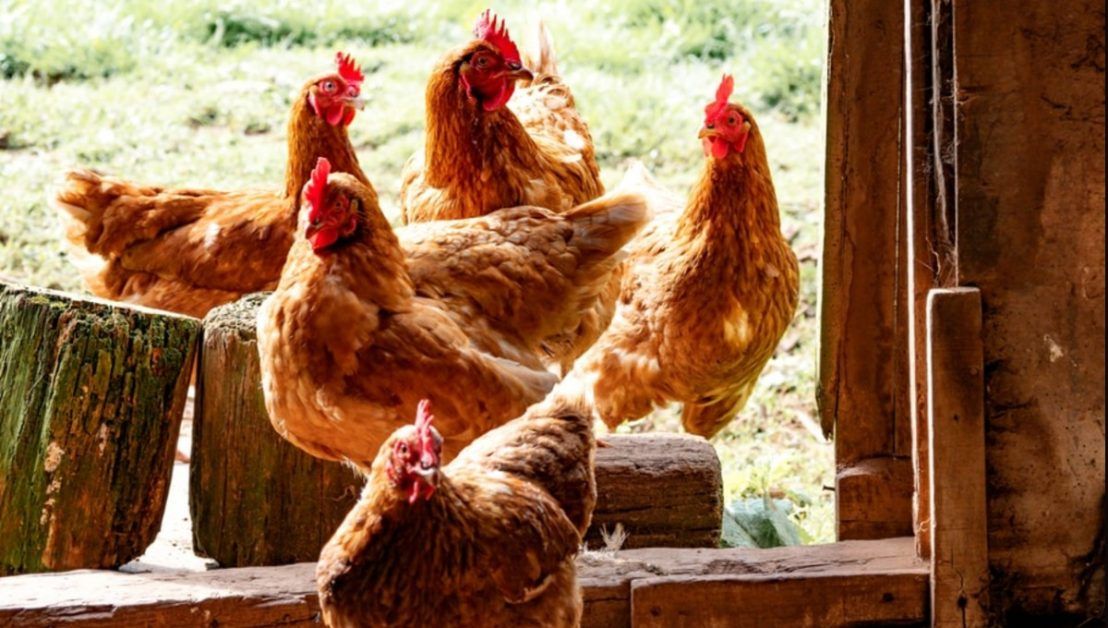With summer upon us, the temperatures across Tucson are heating up. For anyone who has lived through a summer or two here, you know just how roasting hot it can get. But for as hot as it feels to us, people aren’t the only ones who will feel the effects of those high temperatures. If you have poultry, heat stress is a major concern, especially given the high temperatures we get here in the Tucson area. Here’s what you need to know:
What is Heat Stress?
Think of it a bit like heat stroke in humans. Heat stress is a condition that affects chickens (and any kind of poultry) that can lead to serious health issues and even death. It is caused, as the name suggests, by high temperatures, especially when high temperatures combine with high humidity and low air pressure. While we may not experience an abundance of humidity in Tucson, the extremely high temperatures we get during the summer can be enough to cause heat stress in poultry even without the added moisture in the air.
Heat stress can ultimately lead to death if a chicken isn’t cared for, but before that point, you can also anticipate other effects to your flock’s health. Heat stress can also cause a reduction in egg quality and quantity. It may mean fewer eggs are produced, eggs produced are smaller and have thinner shells, and the internal egg quality is poor.
Signs of Heat Stress
Birds can’t perspire. They lack any sort of sweat gland, which is what helps us perspire to release heat. Because they lack that release, high temperatures have a higher potential to cause harm to your poultry. A big component of heat stress in chickens will come down to genetics/physical characteristics. Factors like feather cover, acclimation to heat, and age will play a role in how likely or unlikely a bird is to get heat stress.
The signs of heat stress in chickens can include:
- Labored breathing
- Lethargy
- Diarrhea
- Pale and/or limp wattles/combs
- Lifting wings away from the body
- Convulsions/seizures
Please note, though, that panting on its own isn’t necessarily a sign of heat stress. Since birds don’t have sweat glands, they may release heat by panting. However, doing so can cause a loss of electrolytes, which can lead to heat stroke. Essentially, panting isn’t bad on its own, but it may be the first warning sign you notice.
How to Prevent Heat Stress
There are several steps you can take to stave off heat stress among your flock, including:
- Adjust feeding times — Digesting generates body heat, so plan to feed your chickens early in the day, when it’s still cooler, or wait until the late afternoon when temperatures start to cool down again.
- Give them space — The closer your birds are huddled together, the more heat they will generate. Make sure the house is large enough for them to spread out with space between each bird.
- Provide better ventilation — Airflow is the primary way for poultry to cool down, so increasing airflow and improving ventilation are prime ways to reduce the risk of heat stress.
- Keep water flowing — Next to airflow, water is the next most important manner of keeping your flock cool enough. Make sure that waterers are fully operational and have plenty of space for your chickens. Flush water regularly to keep their water source cool and fresh.
There are also options to supplement with electrolytes, vitamins, and other additives to help keep your flock in good health through the hot months. If you think any of your chickens have heat stress, or you’re worried about supplementing their diet, the best place to start is by contacting local veterinary services. Here at Triple L Feed and Supply, we host monthly veterinary clinics at both of our Marana locations. We also offer animal clinics to help you learn how to better care for your animals. Get in touch today to learn more about how we can help!

